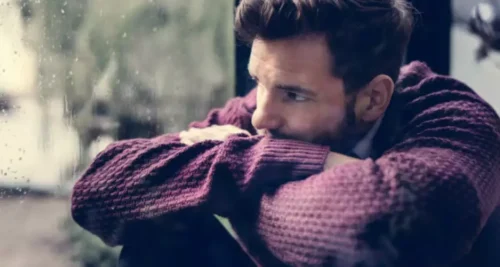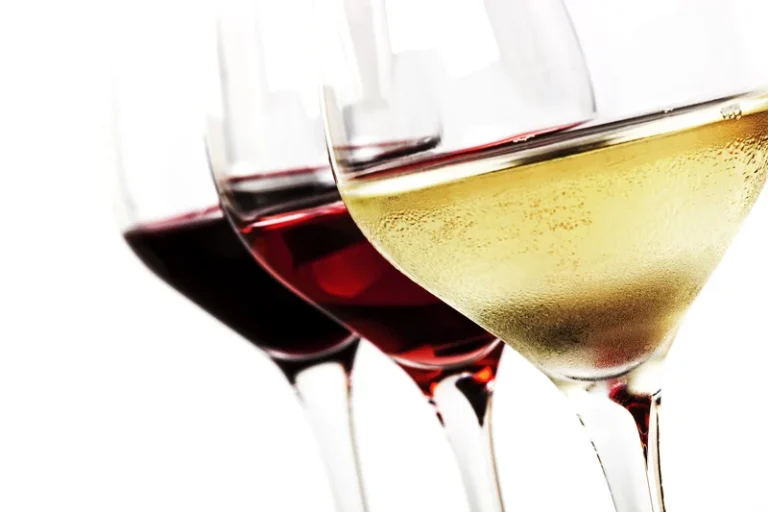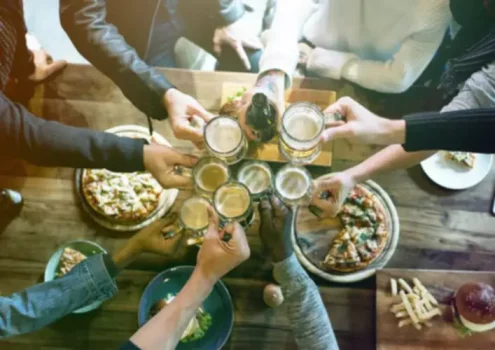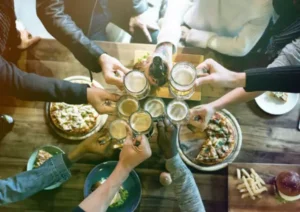
Today there are spiritual solutions for a disease that may if left untreated would have killed me quickly. I cannot control the universe, other people, weather, situations in life, consequences of others decision making, world pandemics, and the list could continue for tens of thousands of pages. What I am in control over with the help of others serious about recovery is my own program of recovery. We sometimes feel as if we are the victim and point fingers at other people or situations. This kind of thinking prevents us from looking at our powerlessness.

College Mental Health: Where And Why Students Struggle
It is the resistance to what is that causes the most suffering. No human is meant to go through life alone without support, we all need others. The sooner you can realize this and accept help the stronger you will be.
What Does It Mean to Be Powerless Over Alcohol and Other Drugs?
- Step One AA emphasizes the futility of attempting to manage something that’s proven uncontrollable.
- I may not feel differently or receive instant feedback, but I know that I have earnestly sought God’s will and consequently moved out of my own way.
- I truly thought that I was surrendering and opening myself and my life to God’s will―and I was to the degree that it was possible at the time.
- A new way of living, void of pain, and the awareness to recognize when I am powerless in a situation.
- The AA first step, admitting powerlessness and acknowledging the unmanageability your addiction brings, is a crucial leap toward lasting recovery.
- The above statement is the First Step of AA, NA and other Twelve-Step support groups and is considered to be the most important.
Breaking the isolation of addiction is a pivotal outcome of Step One. It opens the door to rebuilding relationships with loved ones, mending the fractures caused by addiction’s powerless over alcohol turmoil. Additionally, the principles learned in Step One contribute to a reduction in the stigma surrounding addiction, creating a more accepting and understanding society.
How can this be a good reminder to us all that recovery is a lifelong pursuit?
- Sometimes a functioning alcoholic or addict can’t immediately see the unmanageability their addiction is causing.
- In The Doctor’s Opinion from the Big Book of Alcoholics Anonymous, William Silkworth, MD, tells us that our addiction to drugs and alcohol are the result of a physical allergy.
- Powerlessness is a feeling that comes from not having control over something important in our lives.
- That makes “admitting powerlessness” a form of strength.
- In a world where we’re trained how to exert and maintain control, acknowledging what you’re powerless over is a revolutionary act.
- We admitted we were powerless over our addiction, that our lives had become unmanageable.
It’s important to remember you are not your addiction, you are more than this and you just need to get back to yourself. I make up excuses on why I don’t need to go to meetings this week. I can’t complete tasks or meet responsibilities because they conflict with my need to feed my addiction. I’m living in constant fear that my actions will be discovered, while at the same time getting high from the rush of acting out.
What are the Benefits of Powerlessness in AA?
Feeling powerless makes us believe that there is nothing we can do. We don’t have the power over the obsession to drink, nor do we have the power to control how much we drink once we start. What we can do is turn to a Power greater than ourselves for help. We let this Power do what we are unable to do for ourselves. The river that runs underneath powerlessness is fear.
Begin Your Healing Journey

And lo and behold, as I accepted my inability to rid myself of my bad mood, it slowly but surely started to lift. I was cranky and irritated and frustrated that I was so grumpy when I had nothing real to complain about. The more I tried to relax and lighten up, the worse I felt. We integrate marijuana addiction the community into this exercise as well. Clients get feedback from their community members, which allows them to be both challenged and supported.

With almost two decades of experience with Step 3, I can say that my concept of a Higher Power has changed a million times. Without relapses into old codependent behaviors and attitudes we miss the opportunity to learn even more about ourselves and step into a new level of recovery. Some of us had to go to the edge of insanity or death before we were willing to admit our powerlessness. To admit that our way of living and relating was slowly killing us from the inside. I look forward to hearing about your experiences and how you’ve come to recognize that your life is unmanageable – that you need a Higher Power to help you.
- When someone is struggling with addiction, they may feel like they have no control over their life.
- Where I have had confusion, I have been given clarity.
- The program was just a year old at the time, and consisted mostly of members regaling each other with their acting out adventures.
- I was convinced that I could stop my addiction by will-power and free choice.
- One thing I’ve realized about my own recovery process is that, after a bit of sobriety or what I may think is recovery, I think all is well.
It helps us to see ourselves and our lives as they really are and to know when we need to “change the things we can”. Chances are that by the time we reached ACA our lives were out of control. The coping skills we had relied on for a life-time were no longer working. We were finally beginning to feel the effects of a compulsive way of behaving so subtly powerful and damaging that no ordinary means could break it.
“The first step towards change is awareness. The second step is acceptance.”
We’ve had good reasons to quit for good, and we continued drinking or using drugs anyway. This understanding of the word obsession explains why we keep going back to pick up the first drink or drug. It makes so much sense when we look back at our behaviors—the threat of relationships ending, poor health, work-life, bad decisions, legal trouble, etc. We have had at least one good reason, probably more. We’re powerless when our mind is obsessing, so it’s nearly impossible to make the right decision.

List of Examples of Powerlessness in Sobriety
We may have made our https://ecosoberhouse.com/ own well-being depend on the imagined well-being, or lack of it, of another. We had defined who we were by what we imagined other people thought. To help me see things even more clearly, page 11 of the new Step Into Action book states some of the things that show how unmanageable my life is.
